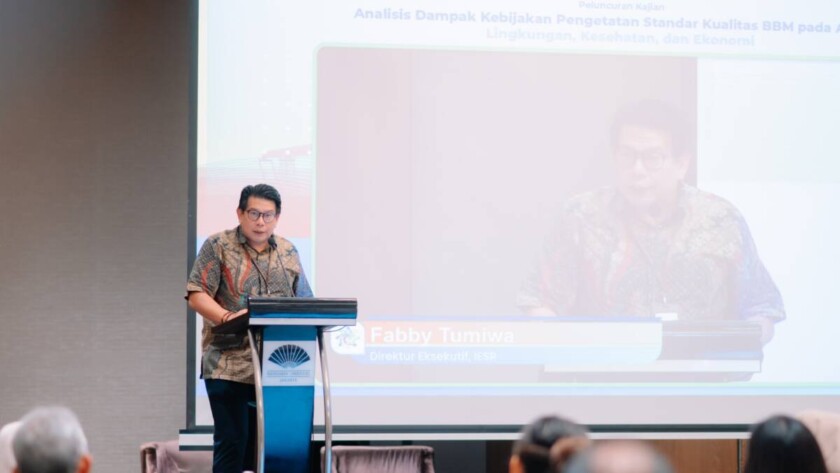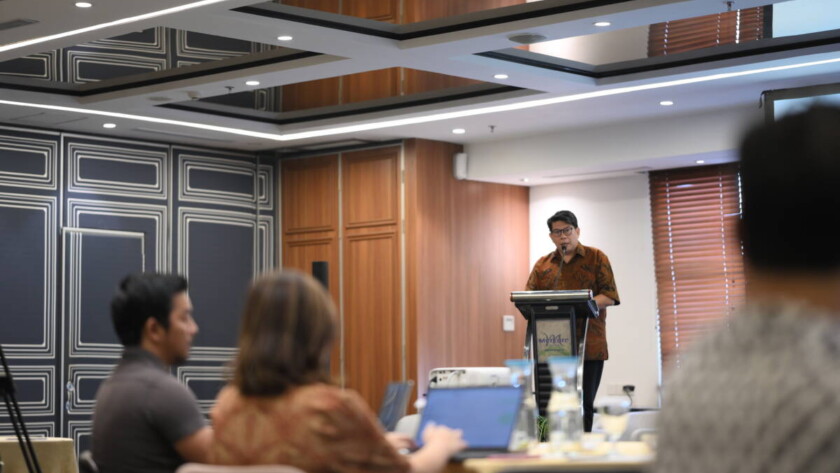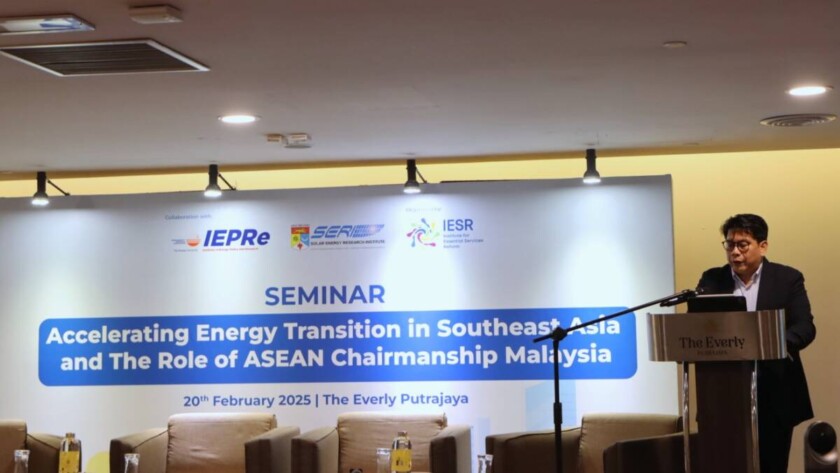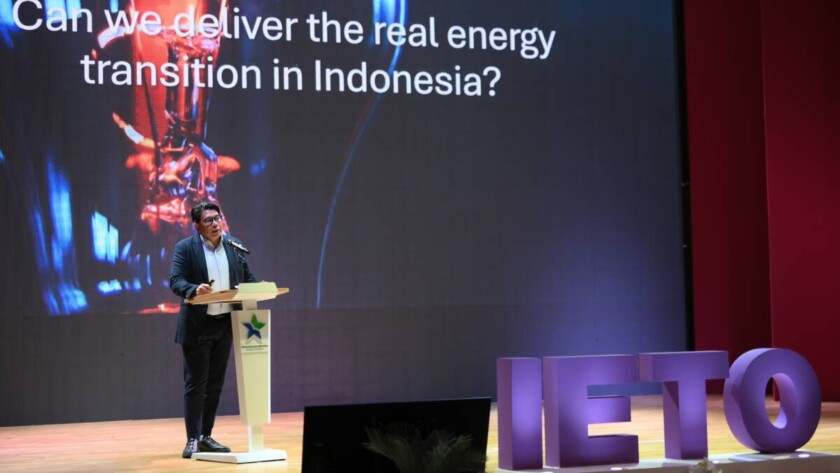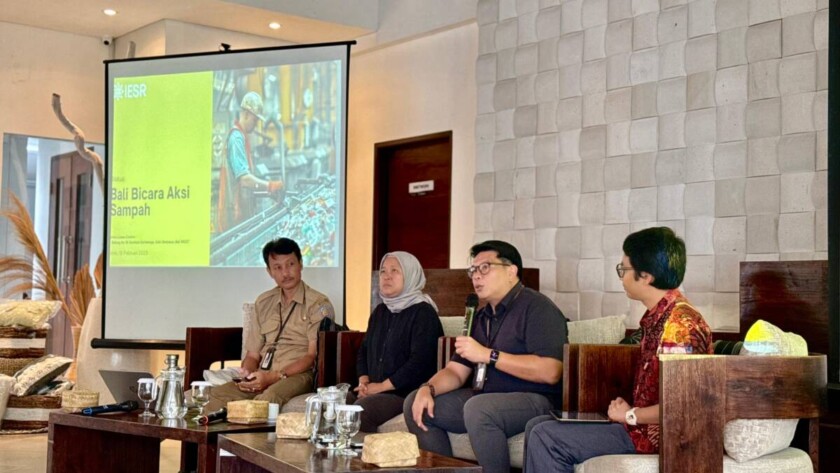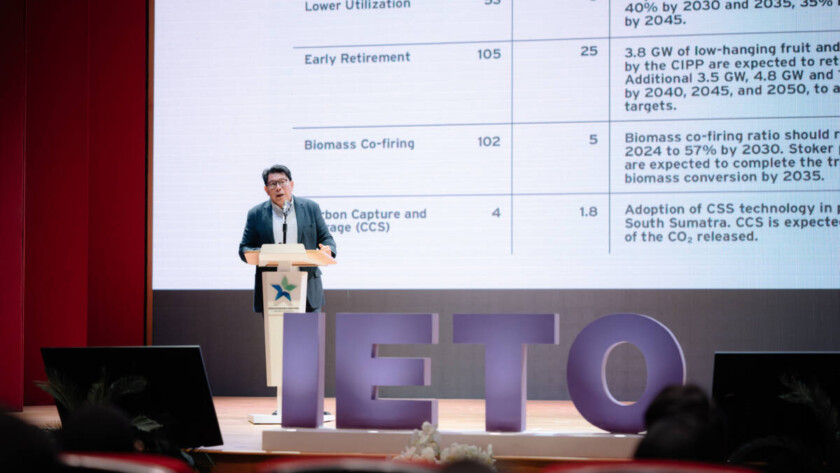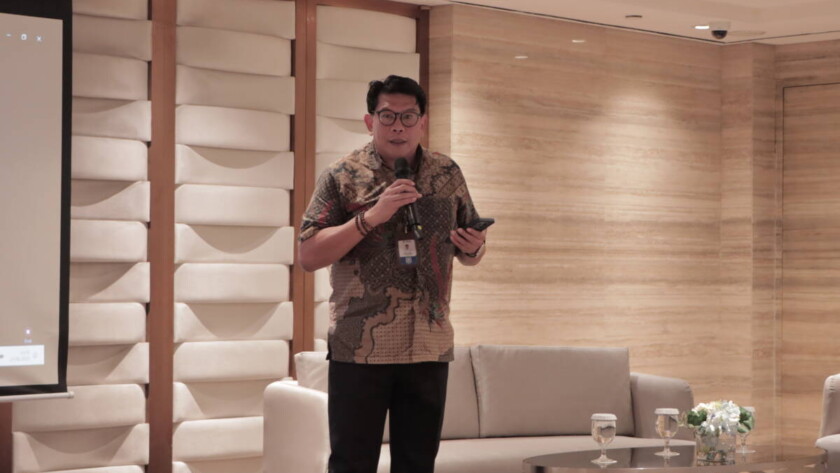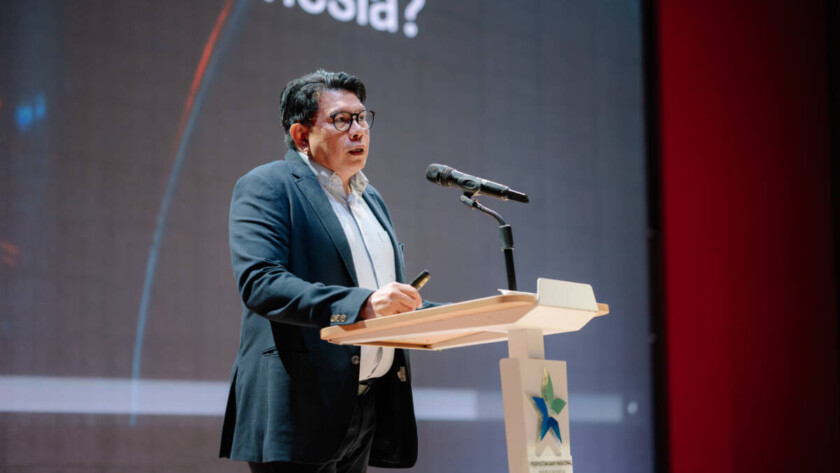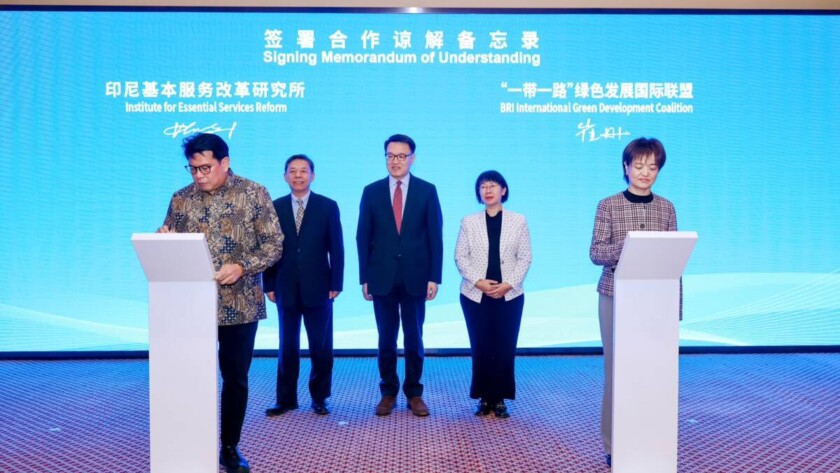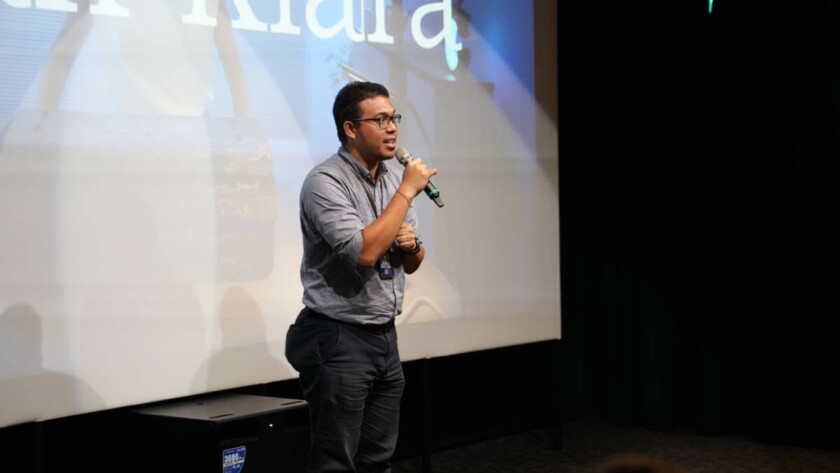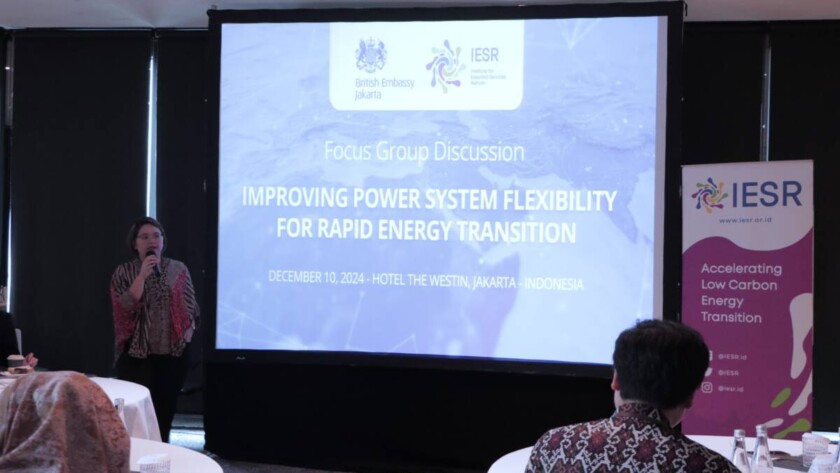Jakarta, March 21, 2025 - The Institute for Essential Services Reform (IESR) welcomes and appreciates the establishment of the Energy Transition and Green Economy Task Force (TEH Task Force) through the Decree of the Coordinating Minister for Economic Affairs Number 141 of 2025. The existence of this Task Force shows the commitment of President Prabowo's…
